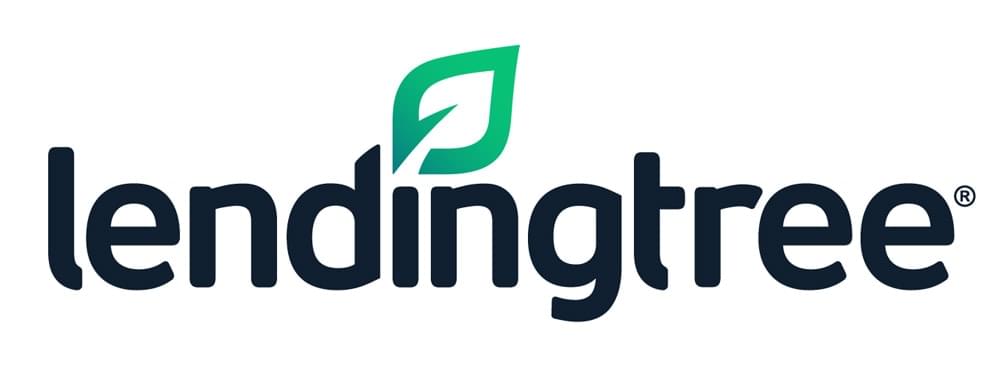



If you like a non-warrantable condo, there is no reason why you can’t buy it.
A condo is deemed to be the perfect home for multiple reasons. In fact, condos can open homeownership to myriad different groups of people. They are considered to be a highly affordable way to live in an urban or semi-urban setting or vacation hot spot without the costs associated with buying an entire house. Moreover, they are also an amazing way of owning a home without constantly worrying about the maintenance and the upkeep of the exterior of your abode.
However, an issue that a potential homebuyer may have to face when searching for their dream condo is that the property might be flagged as ‘non-warrantable.’
Whenever a condo is labelled non-warrantable, it will always mean that that it is not able to meet most of the conventional guidelines for such properties. Basically, it cannot be purchased by federal government-backed entities such as Freddie Mac and Fannie Mae. As a matter of fact, many lending institutions tend to consider mortgage financing for this sort of property to be very risky.
Some of the more common reasons for flagging a condo include the following ones:
Here, it is crucial to understand that many mortgage companies have their very own set of terms and conditions when it comes to flagging coops.
If you ran into this issue and had your heart set on a specific condo, you might be upset to find out it has been declared non-warrantable. However, this does not mean that you will lose your dream house because there are many lending institutions that offer non-warrantable loans to people in this predicament.
Unlike most types of traditional mortgages, financing a co-op apartment does not require a property deed. Instead, a share loan or co-op loan is used to purchase shares of stock in a cooperative housing society or corporation. It is this society or cooperation that actually owns the building in which the apartment you like is located.
In this case, owning shares in the co-op corporation will automatically mean that you have been granted an exclusive and long-term lease. This sort of lease is also known as "Proprietary Lease", and it is applicable to all the apartments in the building. Since you are a shareholder, you have partial ownership rights and responsibilities in the coop, which means you will have to pay your monthly maintenance dues. Such fees and expenses will cover your pro-rata portion of the residential building’s interest expense (if any), property taxes, security surcharges, insurance costs and other operating expenses.
There are plenty of ways of securing a loan if you have your heart set on purchasing an unwarrantable condo?
A portfolio lender is different from conventional lending institutions in the sense that they don’t sell loans after they have been issued. Instead, these lenders keep their borrower’s debts, so they can earn interest on the amounts they have loaned.
There are plenty of small banks as well as credit unions that act as portfolio lenders. They specialize in issuing different types of non-conforming mortgages, especially those that are neither bought by Freddie and Fannie, nor insured by the federal government.
You should know that all portfolio lenders have their own criteria that every borrower has to meet to be eligible for a loan. However, these criteria tend to change according to the risk associated with the mortgage for the intended purchase. It would be a really great idea to ask your loan broker to help acquire all the relevant information. The alternative is to contact portfolio lenders on an individual basis.
Seller financing occurs whenever the seller gives a loan to the purchaser to buy the former’s property. This is not a generally accepted practice when purchasing condos, but it is known to happen.
It is almost always in the interest of the management to do this because, in the long run, it will virtually guarantee that the condominium complex will have a very high rate of occupancy. The more the homes purchased, the greater the financial stability of the management of the complex.
A non-warrantable Coop is not a dead-end street. If you like the property and want to live there or invest in it, you should consider getting in touch with a home mortgage broker. These people are experts in helping you acquire the best loan facilities and mortgages even for unwarrantable condominiums.



